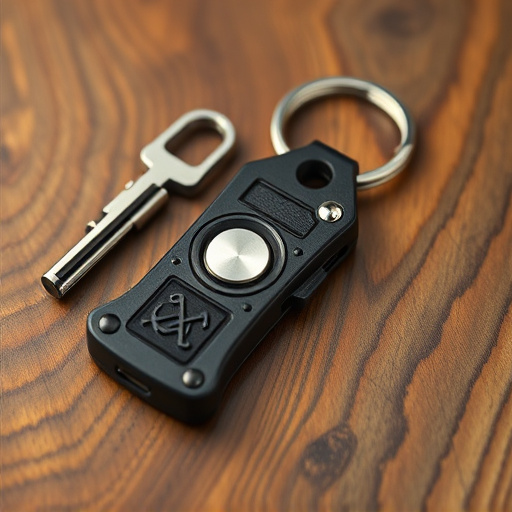Heart Attack Self Defense Keychain legality varies greatly among US states, with rules regarding size, functionality, and intended purpose differing significantly. Some states permit them with specific criteria, while others have restrictions on carry permits, public areas, or registration. Understanding local laws and consulting legal professionals is crucial before using these keychains for personal safety.
Self-defense is a vital right, and innovative tools like self-defense keychains offer a discreet means of protection. However, understanding the legal framework surrounding these devices is crucial before wielding them. This article navigates the legal requirements for carrying self-defense keychains, focusing on heart attack defense mechanisms. We’ll explore state-specific rules, ensuring you’re aware of your rights and responsibilities. By delving into this topic, you can make informed decisions regarding self-protection in today’s world.
- Legal Framework for Self Defense Keychains
- Heart Attack Defense: What's Permitted?
- State-Specific Rules and Regulations
Legal Framework for Self Defense Keychains
The legal framework surrounding self-defense keychains, like the popular heart attack self-defense keychain, varies significantly across states. These small, often discreet devices are designed to incapacitate an assailant when in danger, providing users with a potential means of escape or help. However, their use is subject to strict laws and regulations aimed at balancing personal safety with public safety.
Many states have specific provisions for the legal use of self-defense tools, including keychains, defining when and how they can be employed without facing criminal charges. For instance, some states allow the use of force, including deadly force if necessary, to protect oneself or others from imminent harm. Keychains designed for self-defense must typically meet certain criteria to fall under this legal protection, such as size, functionality, and intent—all factors that vary in interpretation across different jurisdictions. Understanding these nuances is essential for anyone considering carrying a heart attack self-defense keychain for personal security.
Heart Attack Defense: What's Permitted?
In some states, the use of a heart attack defense keychain is permitted as a form of self-defense. These keychains are designed to cause temporary incapacitation or disorientation in an assailant by simulating a cardiac event. However, the legality and specifics of this method vary significantly from state to state. It’s crucial to understand that using such a device may have severe legal consequences if not employed responsibly and within the bounds of the law.
The keychains typically emit a loud noise or shock to distract and disorient an attacker, giving the user a chance to escape. While this can be seen as a legitimate self-defense mechanism, many jurisdictions have specific regulations regarding when and where such devices can be carried. Some states allow them only for individuals with a valid concealed carry permit, while others may restrict their use in certain public places or require registration. Always check local laws and consult with legal experts to ensure compliance and personal safety when considering a heart attack defense keychain as a self-defense tool.
State-Specific Rules and Regulations
Each state in the US has its own set of rules and regulations regarding self-defense keychains, commonly known as heart attack keychains. These laws can vary greatly from one state to another, dictating what is considered legal and what isn’t. For instance, some states allow citizens to carry these devices without a permit, while others require registration or even a concealed weapons license.
Understanding the specific regulations in your state is crucial before considering self-defense keychains as a personal safety measure. Ensure you are familiar with restrictions on size, capacity, and the type of protection allowed. Some states might also have limitations on where these devices can be carried, such as schools, government buildings, or airports. Staying informed about these rules will help ensure compliance and promote peace of mind when utilizing self-defense tools like heart attack keychains.
Understanding the legal requirements surrounding self defense keychains, such as those with heart attack defense features, is crucial for individuals seeking to protect themselves. While these tools can provide a sense of security, it’s essential to navigate the varying state laws to ensure compliance. By familiarizing yourself with your state’s specific rules, you can make an informed decision about carrying a self defense keychain, knowing exactly what actions are permitted. Remember, staying within legal boundaries is key to effectively defending yourself without facing unforeseen legal repercussions.
